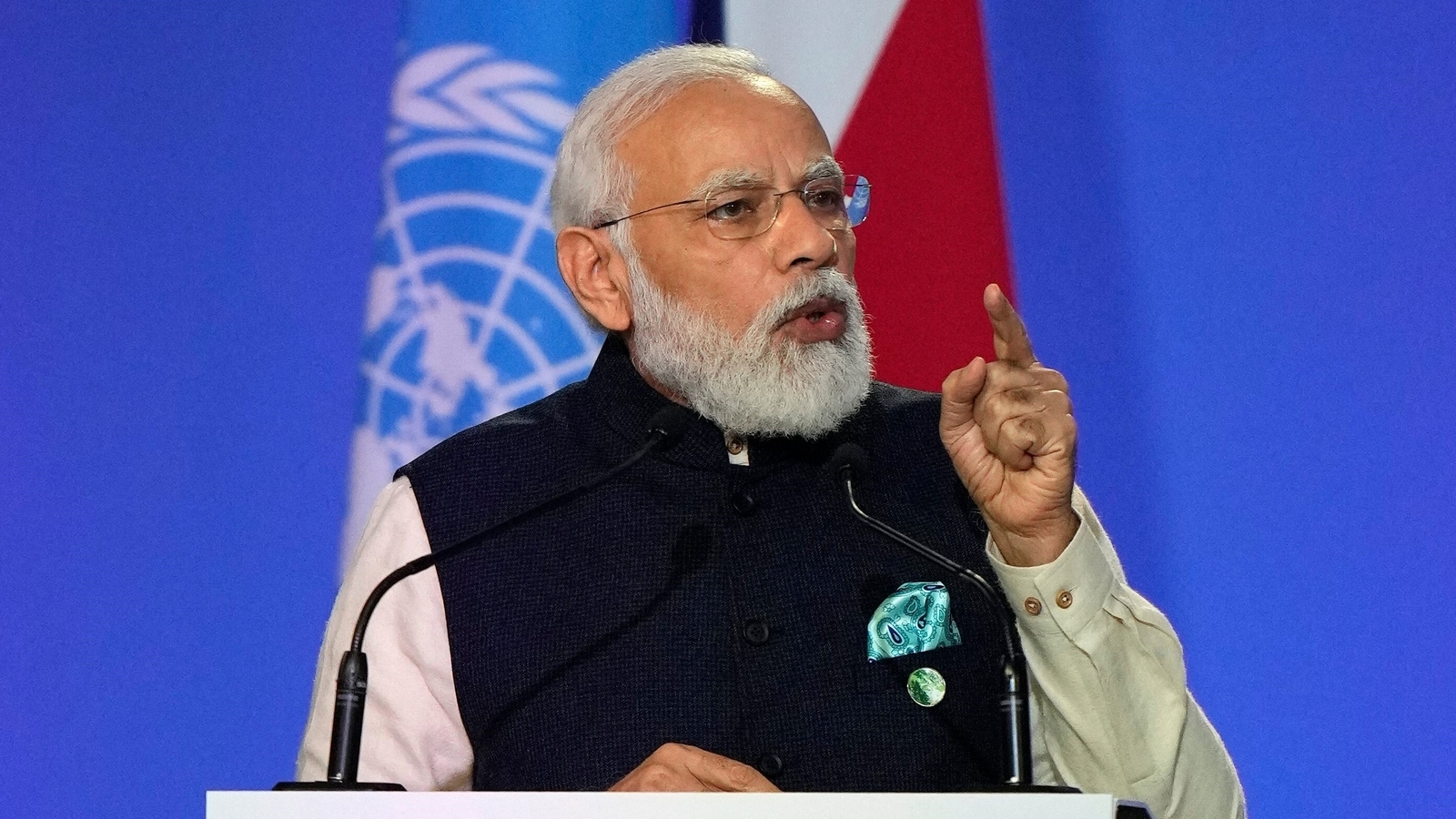Nepal's entrepreneurial landscape in 2025 is a complex interplay of challenges and opportunities. While systemic issues like political corruption, infrastructure deficits, and capital scarcity persist, the country also presents unique avenues for innovation and growth.
Navigating Nepal's Business Environment
Ease of Doing Business
Nepal's business environment has seen incremental improvements. According to the World Bank's B-READY 2024 report, Nepal excels in Operational Efficiency, suggesting that firms find it relatively easier to comply with regulations and utilize public services effectively than many peer countries. However, challenges remain in areas like international trade, market competition, and business insolvency .(LinkedIn)
Political Corruption
Corruption remains a significant hurdle. In the 2024 Corruption Perceptions Index by Transparency International, Nepal scored 34 out of 100, ranking 107th out of 180 countries, indicating a high level of perceived public sector corruption .(Trading Economics)
Infrastructure and Energy
Infrastructure development is ongoing but faces challenges. The government has prioritized infrastructure as vital for economic growth, yet issues like neglected roads and public transit systems persist . In the energy sector, while Nepal has an installed capacity of approximately 3,505 MW, predominantly from hydropower, it still imports electricity from India to meet winter demands .(United Nations, News on Air, Ujjwal Nepal)
Skilled Workforce Shortage
Nepal faces a significant shortage of skilled human resources, exacerbated by the exodus of youth seeking better opportunities abroad (The Himalayan Times). This brain drain affects the productivity of companies and the economic security of families.
Access to Capital
Access to financial capital is a crucial factor in the success of entrepreneurial ventures. While individuals with financial resources are better positioned to start and sustain new businesses, many Nepali entrepreneurs struggle to muster the capital to start a business. Financial institutions often require collateral, which is not feasible for a majority of new business owners (Nepal Journals Online, Bikalpa - an Alternative).
Strategies for Entrepreneurial Success in Nepal
Given these challenges, entrepreneurs in Nepal need to adopt tailored strategies:
-
Leverage Local Networks: Building relationships with local stakeholders can help navigate bureaucratic hurdles and gain access to resources.
-
Focus on Social Impact: Businesses that address social issues, such as education, healthcare, or sustainable energy, can attract support from NGOs and international organizations.
-
Adapt to Resource Constraints: Innovative solutions that make efficient use of limited resources can be more successful than capital-intensive models.
-
Invest in Skill Development: Providing training and development opportunities can help mitigate the skilled workforce shortage and build a loyal employee base.
Contrasting with Harvard Business School Teachings
Traditional business education, such as that offered by Harvard Business School, often emphasizes scalable models, market analysis, and investor relations. While these are valuable, the Nepali context requires a more nuanced approach:
-
Emphasis on Resilience: Entrepreneurs must be prepared to adapt to political and economic instability.
-
Community Engagement: Success often depends on deep community involvement and understanding local needs.
-
Incremental Growth: Given capital constraints, businesses may need to focus on gradual growth rather than rapid scaling.
Conclusion
Entrepreneurship in Nepal demands a blend of innovation, adaptability, and social consciousness. While the challenges are significant, the opportunities for impactful ventures are equally compelling. By aligning business strategies with the unique Nepali context, entrepreneurs can not only achieve success but also contribute meaningfully to the country's development.
















